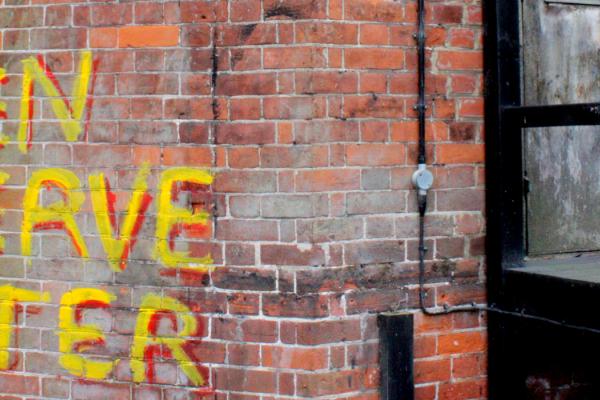SECRETARY OF Education Betsy DeVos this fall weakened laws that make campuses safer places for students to live and learn—particularly protections from sexual harassment. “[T]he system established by the prior administration,” DeVos said, “has failed too many students.”
DeVos is targeting Title IX, the landmark 1972 legislation to prevent gender-based discrimination in college athletics. Over time, Title IX was strengthened by the addition of the Jeanne Clery Act, a federal mandate requiring schools to be more transparent about their handling of sexual-assault cases and more proactive in efforts to change campus attitudes regarding predatory behavior.
Read the Full Article

Already a subscriber? Login
